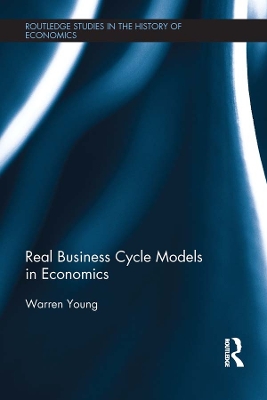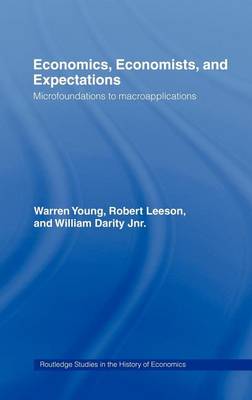Routledge Studies in the History of Economics
2 total works
The purpose of this book is to describe the intellectual process by which Real Business Cycle models were developed. The approach taken focuses on the core elements in the development of RBC models: (i) building blocks, (ii) catalysts, and (iii) meta-syntheses. This is done by detailed examination of all available unpublished variorum drafts of the key papers in the RBC story, so as to determine the origins of the ideas. The analysis of the process their discovery is then set out followed by explanations of the evolution and dissemination of the models, from first generation papers through full blown research programs. This is supplemented by interviews and correspondence with the individuals who were at the center of the development of RBC models, such as Kydland, Prescott, Long, Plosser, King, Lucas and Barro, among others.
This book gets stright to the heart of the debates surrounding RBC models and as such contributes to a real assessment of their impact on modern macroeconomics. The volume, therefore, will interest all scholars looking at macroeconomics as well as historians of economic thought more generally.

